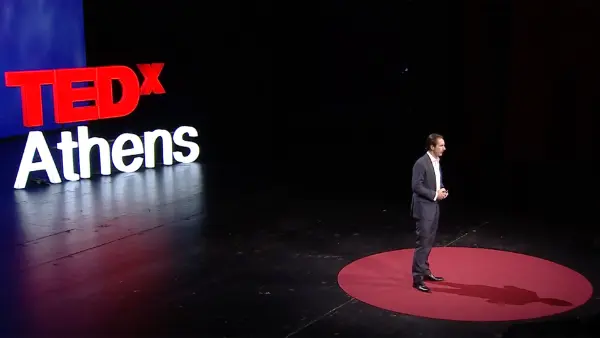AI Tackles Aging: OpenAI’s Leap into Longevity Science

Can AI help us live longer? OpenAI thinks so, and its latest project might just reshape biology as we know it.
OpenAI has ventured into biology with GPT-4b micro, an AI model designed to engineer proteins for longevity science. Collaborating with Retro Biosciences, the model reimagined Yamanaka factors, proteins that turn ordinary cells into stem cells—making them 50 times more effective in some cases.
While traditional methods can only test a handful of protein variations, AI’s ability to analyze vast possibilities accelerated progress. These advancements promise breakthroughs in creating stem cells for rejuvenating tissues and building organs.
However, the model’s opaque decision-making process raises questions about its inner workings and ethical concerns regarding its applications. If AI can crack the code for aging, how do we balance innovation with ethics in shaping our future?
Read the full article on MIT Technology Review.
----
💡 We're entering a world where intelligence is synthetic, reality is augmented, and the rules are being rewritten in front of our eyes.
Staying up-to-date in a fast-changing world is vital. That is why I have launched Futurwise; a personalized AI platform that transforms information chaos into strategic clarity. With one click, users can bookmark and summarize any article, report, or video in seconds, tailored to their tone, interests, and language. Visit Futurwise.com to get started for free!








